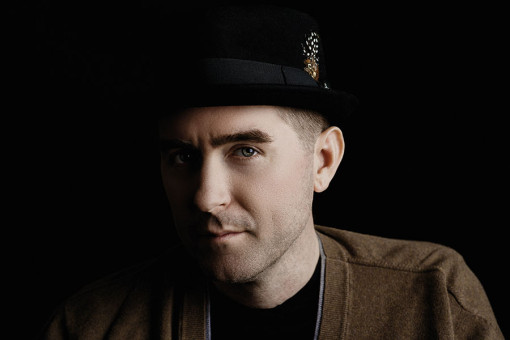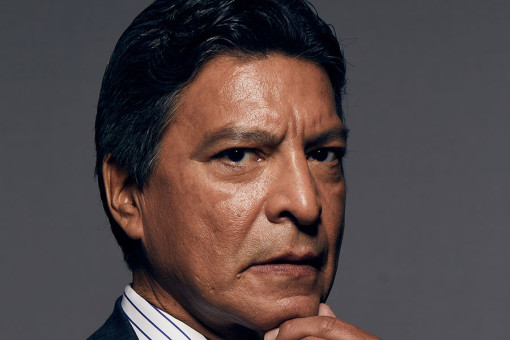The elevator pitch for ABC's Alaska Daily was simple: disgraced journalist Eileen Fitzgerald (Hilary Swank) comes to Alaska to investigate and report on the murder of a Native woman, Gloria Nanmac.
"There was a lot of, 'Oh, it's another white savior show,'" says Peter Elkoff, showrunner and executive producer. "But it's not, because Eileen partners with a Native journalist [Roz Friendly, played by Grace Dove]. They work together."
Many of Alaska Daily's storylines are inspired by real events chronicled in "Lawless: Sexual Violence in Alaska," a Pulitzer Prize-winning series of articles by Kyle Hopkins, a reporter for the Anchorage Daily News and ProPublica (he also serves as an executive producer of the show). Broadly, it is about cases such as Nanmac's, which are under-investigated and often go unsolved.
Moreover, to ensure Native people and cultures are accurately portrayed, the producers hired two Indigenous writers: Andrew Okpeaha MacLean, an Iñupiaq filmmaker, and Vera Starbard, a Tlingit playwright and TV writer (Molly of Denali).
For Alaska Daily's creator, Oscar-winning screenwriter Tom McCarthy (Spotlight), authenticity was a priority from the outset. In Alaska alone, there are 229 federally recognized tribes that speak 22 different languages. Each has its own origin story, which may vary between clans within the same tribe. So confirming accuracy can be a challenge. But MacLean and Starbard have taken on the responsibility of assuring storylines and dialogue are culturally and factually correct.
In one episode, a Native character was given a line of dialogue that referenced her experiences at the brutal boarding schools many Indigenous children were sent to. Starbard and MacLean objected, though there was nothing factually wrong with the dialogue. The schools, which aimed to assimilate Indigenous people into Euro-American culture are, says Starbard, "a really sensitive, ongoing topic for many, many Native people." (Two of her own grandparents were taken as children from their families and forced to attend.)
"It can't just be a throwaway line," she continues. "It brings up an awful lot of pain. We have to treat this thing with respect."
The producers listened. "The writers wanted to devote at least an episode to the subject, if not an entire season, which we couldn't do," says Elkoff. "But we took out that line of dialogue because they were right."
Both MacLean and Starbard feel a sense of responsibility to their communities. "That responsibility is more important than the job," MacLean says. "The story intersects so deeply with my people and culture."
"We have a lot of conversations about this," Starbard adds. "How people who are not familiar with Native culture will see us now."
The boarding school dialogue was just one instance where Starbard and MacLean's expertise brought truthfulness to the series. "The fact is that we are the only ones in the writers' room who grew up in these communities," Starbard says, "who know the way the [Native characters] might speak, the way they might act.
"We have to say, 'This is inaccurate.' And we have to say it pretty often," she continues. "It's a job in an industry that has not looked for authenticity that much before, and we're trying very hard to be as loud as we can."
MacLean adds, "Coming into this job, we knew what some of the battles were going to be. You have to go into it with a willingness to be assertive. It's too important."
Read more on Native American inclusion in the television industry.
Alaska Daily is executive produced by creator Tom McCarthy and showrunner Peter Elkoff, in addition to Hilary Swank, Melissa Wells, Bert Salke (co-lab21), Kyle Hopkins (Anchorage Daily News) and Ryan Binkley (Anchorage Daily News). The series is produced by 20th Television.


















